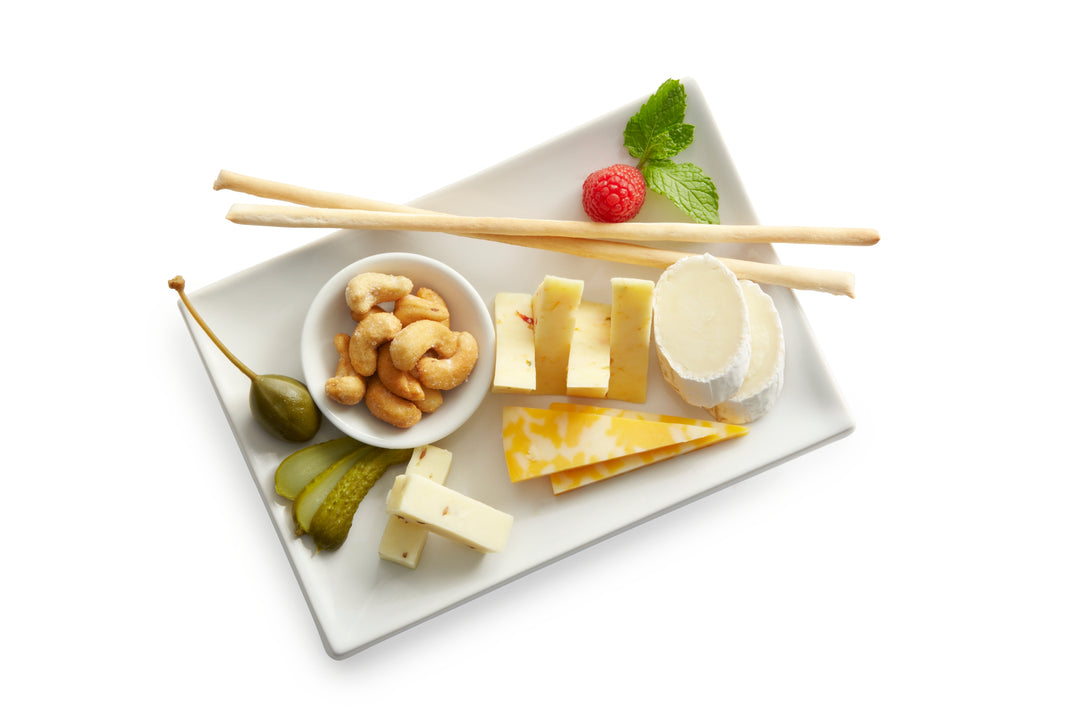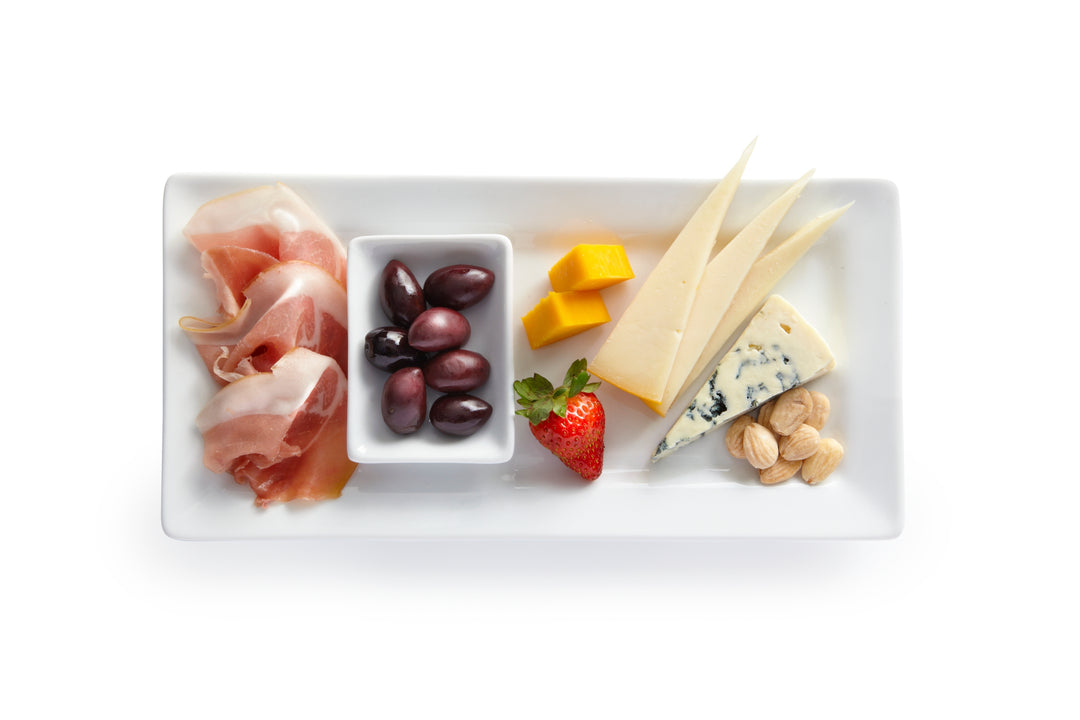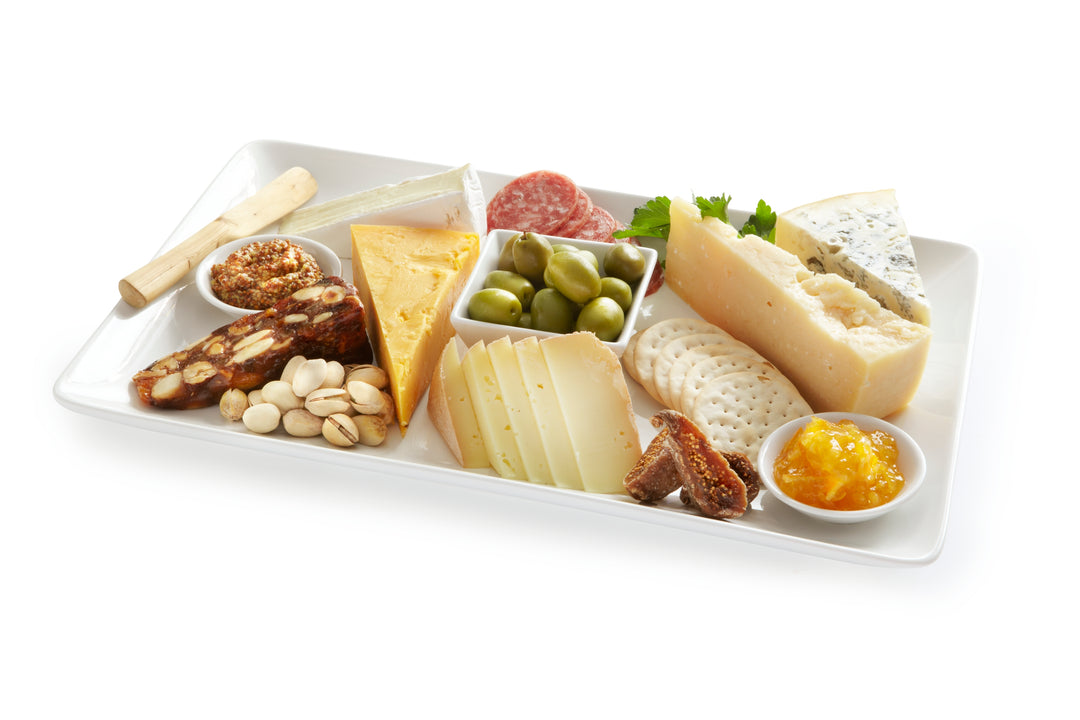Introduction to Probiotics and Gut Health
In our fast-paced world, maintaining a healthy gut has become increasingly crucial for overall well-being. The gut, often referred to as the "second brain," plays a vital role in digestion, nutrient absorption, and immune function. Probiotics, the beneficial bacteria found in fermented foods and supplements, have gained significant attention for their potential to support gut health. Among the delectable sources of probiotics, cheese stands out as a culinary delight that not only tantalizes our taste buds but also offers a wealth of digestive benefits.
Understanding the Science behind Cheese Fermentation
The production of cheese involves a fascinating process of fermentation, during which specific strains of bacteria and fungi transform milk into a diverse array of flavors and textures. This fermentation process is the key to unlocking the probiotic potential of certain cheese varieties. As the bacteria and fungi metabolize the lactose and other components in the milk, they produce lactic acid, enzymes, and various byproducts that contribute to the unique characteristics of each cheese.
The Role of Probiotics in Maintaining a Healthy Gut
Probiotics are live microorganisms that, when consumed in adequate amounts, confer health benefits to the host. These beneficial bacteria play a crucial role in maintaining the delicate balance of the gut microbiome, which is essential for proper digestion, nutrient absorption, and immune function. By introducing probiotics into our diets, we can support the growth of beneficial bacteria and potentially counteract the effects of harmful pathogens or imbalances in the gut flora. Additionally, maintaining a healthy gut microbiome may have positive implications for overall health, including supporting fertility and improving outcomes in IVF treatment by promoting hormonal balance and reducing inflammation.
Different Types of Probiotic-rich Cheeses
Not all cheeses are created equal when it comes to their probiotic content. Some varieties are particularly rich in these beneficial bacteria due to their specific fermentation processes and aging methods. Here are a few examples of probiotic-rich cheeses:
-
Aged Cheddar: As cheddar cheese ages, it develops a higher concentration of probiotics, particularly strains of Lactobacillus and Bifidobacterium.
-
Gouda: This Dutch cheese is known for its distinctive flavor and creamy texture, but it also harbors a variety of probiotic strains, including Lactococcus and Leuconostoc.
-
Feta: The briny taste of feta cheese is complemented by its probiotic content, which includes strains of Lactobacillus and Streptococcus.
-
Mozzarella: While fresh mozzarella is relatively low in probiotics, aged varieties can contain significant levels of beneficial bacteria, such as Lactobacillus and Bifidobacterium.
-
Cottage Cheese: This versatile cheese is a good source of probiotics, particularly Lactobacillus and Leuconostoc strains which can be beneficial for gut health and also be recommended by a best physiotherapist.
Benefits of Probiotic-rich Cheeses for Gut Health
Incorporating probiotic-rich cheeses into your diet can offer a range of potential benefits for gut health:
-
Improved Digestion: Probiotics can help break down complex carbohydrates and proteins, making them easier to digest and reducing the risk of digestive discomfort or issues like bloating and constipation.
-
Enhanced Nutrient Absorption: Certain probiotic strains can increase the bioavailability of essential nutrients, ensuring that our bodies can effectively absorb and utilize the nutrients from the foods we consume. This enhanced nutrient absorption can play a vital role in addressing various health concerns, including supporting healthy skin, combating fatigue, and potentially reducing hair loss by providing the body with the essential nutrients needed for hair growth and strength.
-
Boosted Immune Function: A healthy gut microbiome plays a crucial role in supporting our immune system. Probiotics can help modulate immune responses and potentially reduce the risk of certain infections and illnesses.
-
Reduced Inflammation: Some probiotic strains have been shown to exhibit anti-inflammatory properties, which can be beneficial for individuals with inflammatory conditions like inflammatory bowel disease (IBD) or irritable bowel syndrome (IBS).
-
Improved Mental Well-being: The gut-brain axis is a bidirectional communication pathway between the gut and the brain. By supporting a healthy gut microbiome, probiotics may positively impact mental health and potentially alleviate symptoms of conditions like anxiety and depression.
How Probiotic-rich Cheeses Can Improve Digestion
The digestive benefits of probiotic-rich cheeses are multifaceted. Here's how they can contribute to improved digestion:
-
Lactose Intolerance Support: Many probiotic strains found in cheese, such as Lactobacillus and Bifidobacterium, produce enzymes that can help break down lactose, the sugar found in milk. This can be particularly beneficial for individuals with lactose intolerance, allowing them to enjoy dairy products with reduced discomfort.
-
Protein Digestion: Certain probiotic strains, like Lactobacillus helveticus, can produce enzymes that aid in the breakdown of proteins, making them easier to digest and absorb.
-
Gut Motility: Probiotics can help regulate gut motility, the movement of food through the digestive tract. By promoting regular bowel movements and preventing constipation or diarrhea, probiotic-rich cheeses can contribute to overall digestive health.
-
Gut Barrier Function: Probiotics can help strengthen the gut barrier, which is essential for preventing the entry of harmful substances and pathogens into the body. A strong gut barrier can reduce the risk of inflammatory conditions and other digestive issues.
Incorporating Probiotic-rich Cheeses into a Balanced Diet
While probiotic-rich cheeses offer numerous benefits for gut health, it's important to incorporate them into a balanced diet. Here are some tips for including these cheeses in your daily meals:
-
Snacking: Probiotic-rich cheeses like aged cheddar, gouda, or feta make excellent snack options. Pair them with whole-grain crackers, fresh fruits, or vegetables for a nutrient-dense and satisfying treat.
-
Salads: Crumbled feta or shredded aged cheddar can add a delightful probiotic boost to your favorite salad recipes.
-
Sandwiches and Wraps: Sliced gouda or mozzarella can elevate your sandwich or wrap game, providing both flavor and probiotic benefits.
-
Omelets and Frittatas: Cottage cheese or crumbled feta can be a delicious addition to your morning omelets or frittatas, offering a protein-packed and probiotic-rich start to your day.
-
Pasta Dishes: Grated aged cheddar or mozzarella can transform a simple pasta dish into a probiotic-rich and flavorful meal.
Remember, moderation is key. While probiotic-rich cheeses offer numerous benefits, they should be consumed as part of a well-rounded diet that includes a variety of fruits, vegetables, whole grains, and lean proteins.
Tips for Selecting and Storing Probiotic-rich Cheeses
To maximize the probiotic benefits of your cheese selections, consider the following tips:
-
Choose Aged Varieties: Generally, the longer a cheese is aged, the higher its probiotic content. Look for aged cheddar, gouda, or other varieties that have undergone an extended aging process.
-
Check Labels: Many cheese manufacturers now highlight the probiotic content on their product labels. Look for terms like "probiotic," "live cultures," or specific strain names like Lactobacillus or Bifidobacterium.
-
Proper Storage: Probiotics are living organisms, and their viability can be affected by temperature and moisture. Store probiotic-rich cheeses in the refrigerator, following the manufacturer's instructions for optimal shelf life.
-
Avoid Processed Cheeses: Processed cheese products, such as cheese spreads or individually wrapped slices, often undergo pasteurization or other treatments that can kill off beneficial probiotics. Opt for natural, minimally processed cheeses whenever possible.
-
Consider Organic Options: Organic cheeses are produced without the use of antibiotics or synthetic hormones, which can potentially impact the probiotic content and overall quality of the cheese.
Recipes and Meal Ideas Featuring Probiotic-rich Cheeses
To inspire your culinary adventures with probiotic-rich cheeses, here are a few delicious recipe ideas:
-
Probiotic Power Salad: Toss together mixed greens, diced avocado, cherry tomatoes, and crumbled feta cheese. Drizzle with a tangy vinaigrette for a refreshing and nutrient-dense salad.
-
Aged Cheddar and Apple Quesadillas: Grate aged cheddar cheese and layer it between whole-wheat tortillas along with sliced apples and a sprinkle of cinnamon. Grill until the cheese melts and the tortillas are crispy.
-
Gouda and Spinach Stuffed Chicken Breasts: Pound chicken breasts thin, stuff them with a mixture of sautéed spinach and shredded gouda cheese, and bake until cooked through for a flavorful and protein-packed meal.
-
Cottage Cheese Pancakes: Blend cottage cheese, eggs, and whole-wheat flour to create fluffy and protein-rich pancakes. Top with fresh berries and a drizzle of pure maple syrup.
-
Mozzarella and Basil Caprese Skewers: Thread cherry tomatoes, fresh mozzarella balls, and basil leaves onto skewers. Drizzle with balsamic glaze and a sprinkle of sea salt for a delightful and probiotic-rich appetizer or snack.
Conclusion: Embracing the Benefits of Probiotic-rich Cheeses for Gut Health
In our pursuit of optimal gut health, probiotic-rich cheeses emerge as a delectable and nourishing ally. By understanding the science behind cheese fermentation and the role of probiotics in maintaining a healthy gut, we can make informed choices to incorporate these flavorful varieties into our diets. From aged cheddar to tangy feta, each bite offers a delightful combination of taste and digestive benefits.
Embrace the journey of discovering the world of probiotic-rich cheeses and experience the joy of nourishing your body while indulging in culinary delights. Remember, a balanced diet and moderation are key to reaping the full benefits of these probiotic powerhouses.






Leave a comment